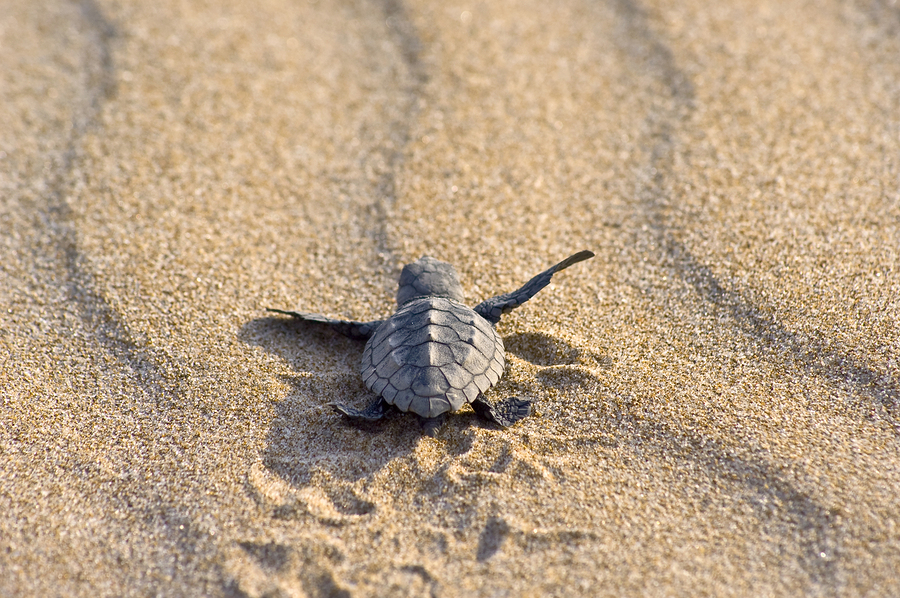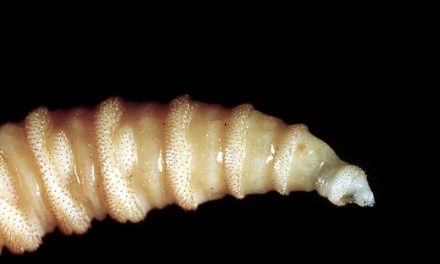So far, nothing about Hurricane Dorian has been predictable. It’s no surprise experts aren’t sure how the storm will impact sea turtle nests along Florida’s Treasure Coast.
However, they do know nests will be washed out to sea, especially where the storm makes landfall. Quintin Bergman, Indian River County’s sea turtle specialist said:
“A lot of nests may be lost because a lot of nests are being laid. Overall the sea turtle nesting season is going well. The turtles haven’t broken any records yet, however loggerhead and green nests are above the 14-year average which started when the County started monitoring nesting activity.”1
RELATED STORY:
Bergman said any storm can wash away beaches with incubating sea turtle nests, adding:
“We have no idea how much damage Dorian will bring, therefore cannot predict how many nests may be impacted.”1
Following the storm, he said, surveys will be conducted to assess the damage, if any.
Sea turtles have been nesting on beaches affected by storms for a very long time, Bergman said, and have adapted to prepare to cope with storm events. For example, one turtle can lay four to six nests in a season, each placed at different distances from the water. Bergman said:
“Essentially a mother turtle is hedging her bets in hopes that some of her eggs will develop into hatchlings.”1
RELATED STORY:
The official nesting season for sea turtles runs from March 1 through Nov. 15. The arrival of the three species commonly found on the Treasure Coast overlap: but generally, leatherbacks come first, followed by loggerheads and then green sea turtles.
RELATED STORY:
Dorian is hitting just as beaches are transitioning from egg-laying season into hatching season, said Grace Dotson, senior scientist at Ecological Associates. The organization monitors sea turtle nests on sections of shoreline throughout the Treasure Coast. She said:
“We still have a few nests being laid. but we’re getting a lot more nests hatching now.”1
After the storm moves on, hatchlings from washed-out nests are likely to be scurrying on area beaches. The official mandate from the Florida Fish and Wildlife Conservation Commission is to not try to help them. Bergman said:
“Everyone loves sea turtles, and people always want to help.”
“The state also cherishes our beloved wildlife and have very efficient procedures in place to save as many animals as possible. These experienced wildlife biologists will instruct the public as to which actions can be done over the phone.”1












